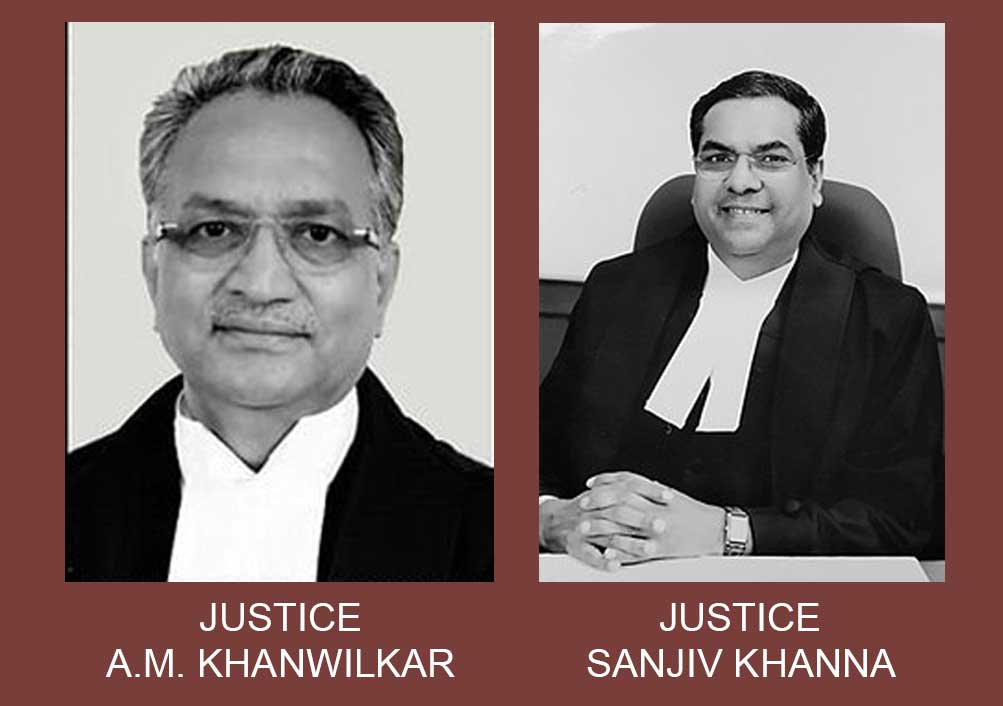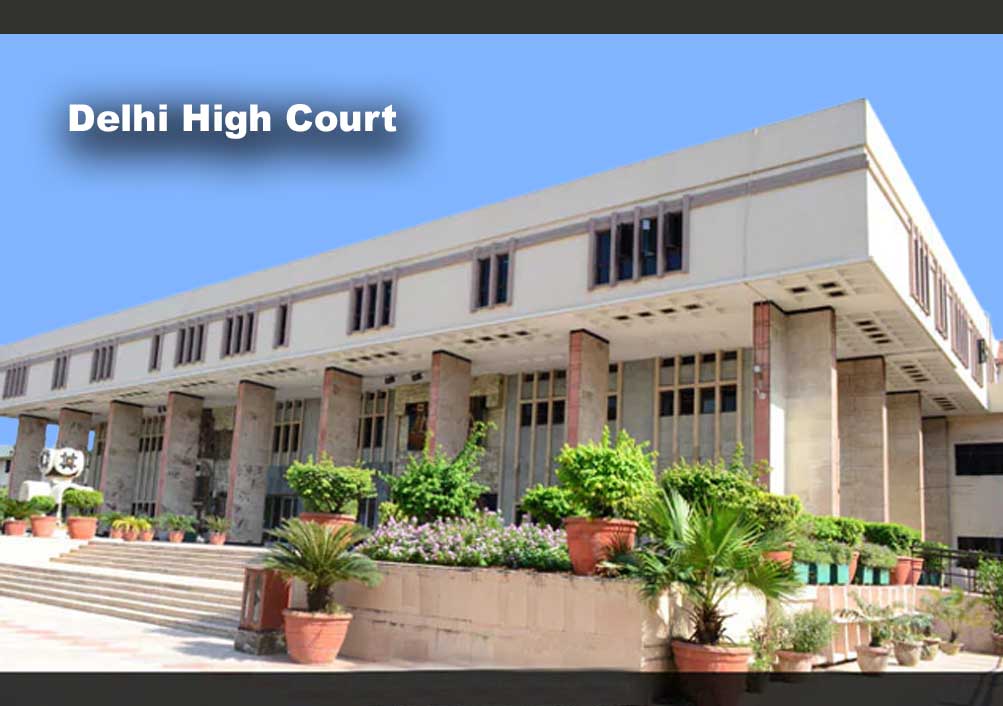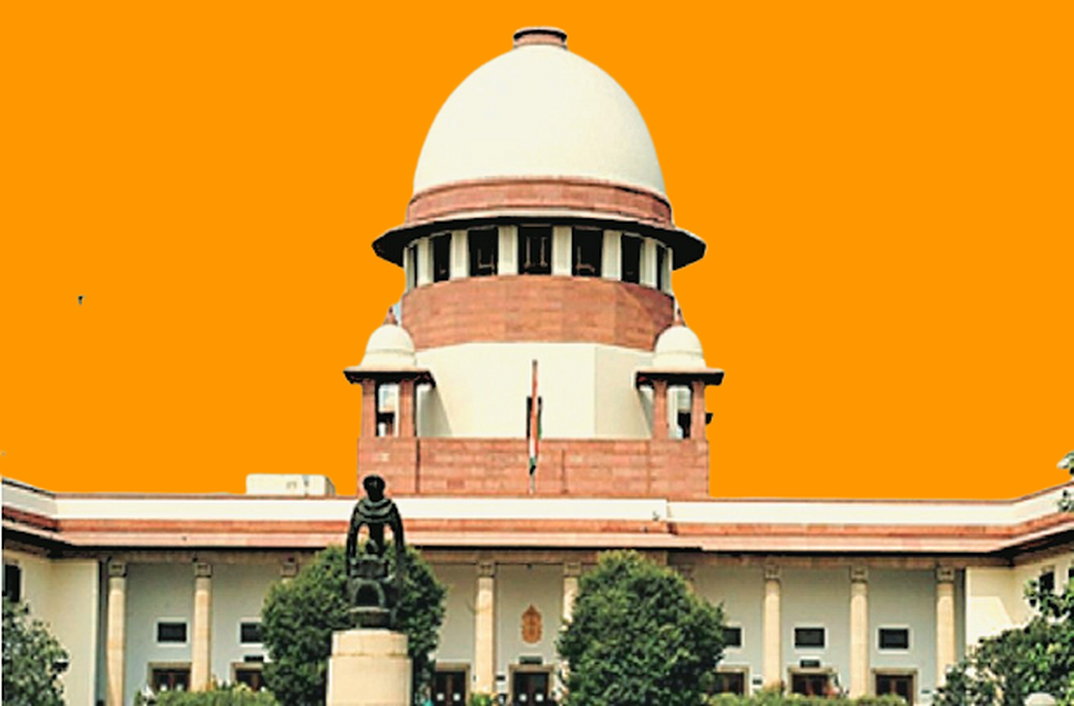Criminal Appeal can’t be dismissed merely because of non-representation or default of advocate for accused: Supreme Court

Read Order- K. MURUGANANDAM & ORS v. STATE REP. BY THE DEPUTY SUPERINTENDENT OF POLICE & ANR
Tulip Kanth
New Delhi, August 18, 2021: Setting aside the impugned judgment passed by the Madras High Court and relegating the parties before the High Court for hearing of a Criminal Appeal, the Supreme Court has reiterated that the Court cannot dismiss the appeal merely because of non-representation or default of the advocate for the accused .
Referring to two specific Supreme Court judgements of Kabira vs. State of Uttar Pradesh and Mohd. Sukur Ali vs. State of Assam, the Division Bench of Justice A.M.Khanwilkar and Justice Sanjiv Khanna restated that if the accused does not appear through counsel appointed by him/her, the Court is obliged to proceed with the hearing of the case only after appointing an amicus curiae.
The Apex Court was hearing an Appeal against the judgment of the Madras High Court, whereby the Criminal Appeal was dismissed for non prosecution. The reason given by the High Court was that there was no representation on behalf of the appellant either in person or through the learned counsel on record.
Later, the Supreme Court on July 8, 2021 had plainly stated that the High Court is expected to nominate an Amicus Curiae and after taking assistance of Amicus Curiae proceed with the hearing of the matter.
The Top Court had also directed the petitioners to first surrender and produce surrender certificate. Thereafter the appeal was to be remitted back to the High Court for consideration on its own merits.
Now, as all the appellants had surrendered and surrender proof had been produced on record, the counsel for the appellants was permitted to address on merits of the case.
“It is well settled that if the accused does not appear through counsel appointed by him/her, the Court is obliged to proceed with the hearing of the case only after appointing an amicus curiae, but cannot dismiss the appeal merely because of non-representation or default of the advocate for the accused (see Kabira vs. State of Uttar Pradesh 1981 (Supp) SCC 76 and Mohd. Sukur Ali vs. State of Assam (2011) 4 SCC 729),” noted the Division Bench.
In Kabira (supra), the Apex Court had specifically mentioned that the appeal could not be dismissed for default of appearance. If the appellant was not present, the Judge should have appointed some advocate as amicus curiae and then proceeded to dispose of the appeal on merits.
Later in 2011, the Supreme Court strengthened the same position in the judgement of Mohd. Sukur Ali (supra), by reiterating that in the absence of a counsel, for whatever reasons, the case should not be decided forthwith against the accused but in such a situation the Court should appoint a counsel who is practising on the criminal side as amicus curiae and decide the case after fixing another date and hearing him.
With these observations, the Apex Court has directed the parties to appear before the High Court on August 31, 2021, and all contentions available to both sides in the remanded appeal have been left open.
The Top Court has also made it clear that if the appeal cannot proceed for hearing expeditiously, it is open to the appellants to make a formal application for bail, which can be considered by the High Court on its own merits.
Sign up for our weekly newsletter to stay up to date on our product, events featured blog, special offer and all of the exciting things that take place here at Legitquest.




Add a Comment